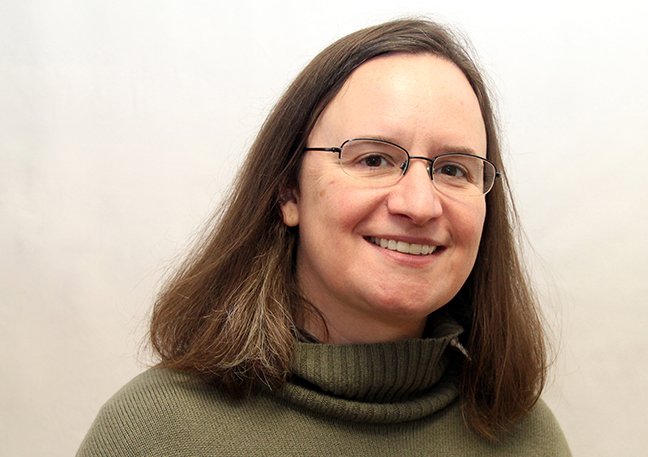Professor Pierre receives NIH grant to help people with chronic kidney disease

Professor Valérie Pierre has received a five-year, $2 million National Institutes of Health National Institute of Diabetes and Digestive and Kidney Diseases grant to focus on "polymer supported phosphate-receptors for the treatment of hyperphosphatemia."
Hyperphosphatemia, a condition that occurs when the phosphate concentration in serum exceeds normal levels, is common among patients with advanced chronic and acute kidney disease (CKD) and kidney failure. Maintenance hemodialysis does not efficiently remove phosphate from blood; thus, almost all patients on maintenance hemodialysis have hyperphosphatemia. Current treatment relies primarily on dietary restrictions and the administration of oral phosphate binders with food or drink which are often insufficient to manage hyperphosphatemia for individuals on dialysis. More than 70 percent of patients with advanced chronic kidney disease and almost all patients with dialysis-dependent kidney failure suffer from hyperphosphatemia, which has long been established as a primary cause of increased mortality for patients with end-stage renal disease.
Researcher in Professor Pierre's group has developed sensitive and selective receptors for phosphate that are effective in serum. In this project, they will use them to develop and test new technology to be used in conjunction with dialysis to manage hyperphosphatemia in patients with advanced and chronic kidney disease.